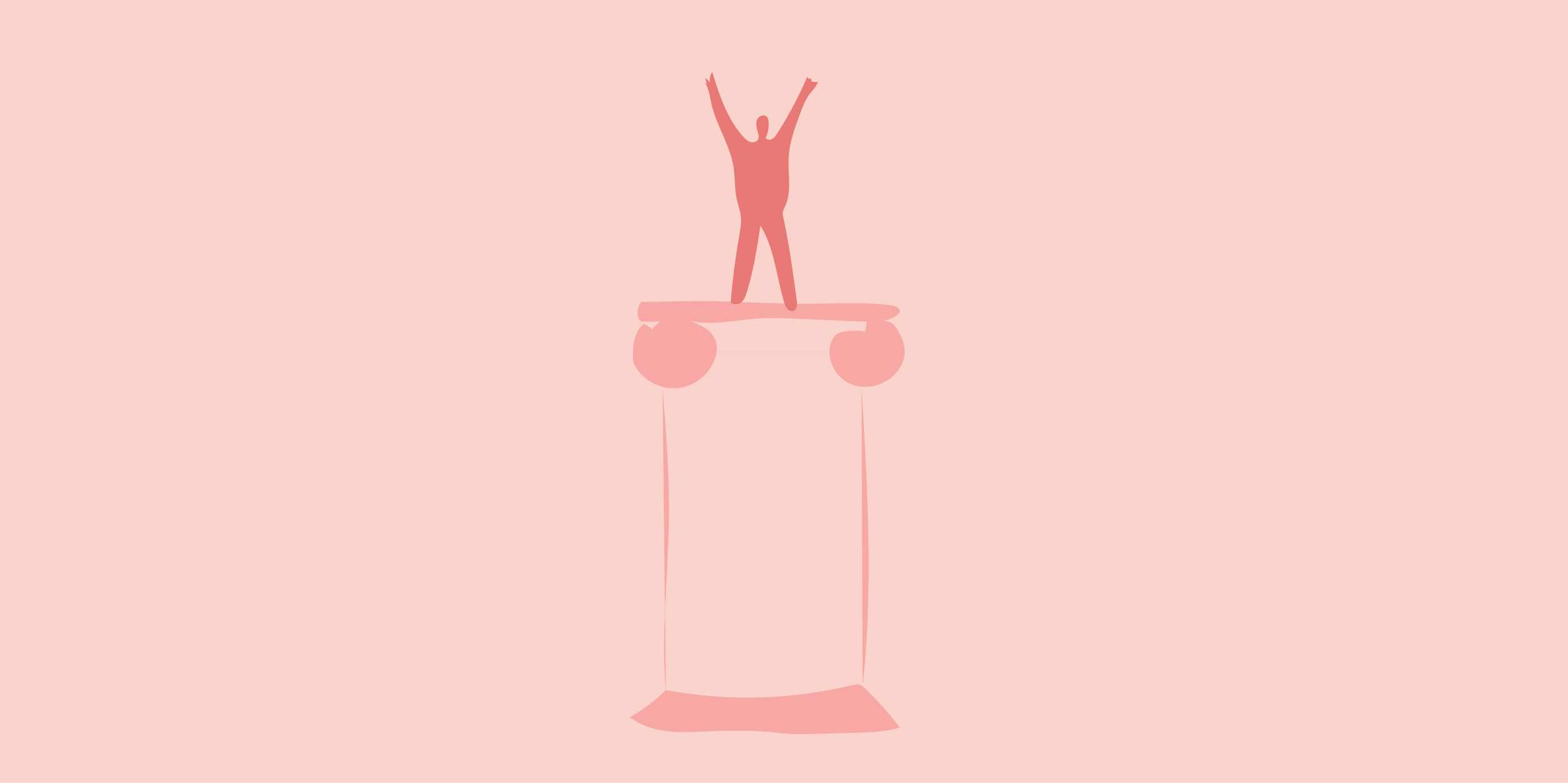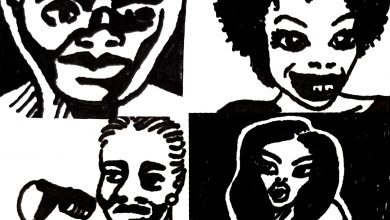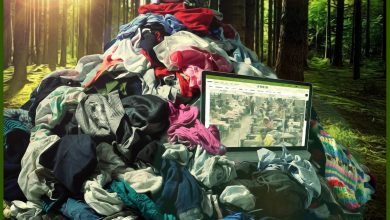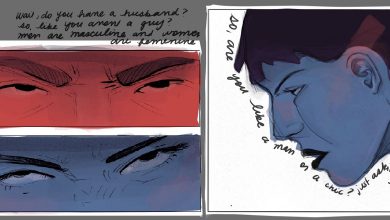Feminism 101: What is Privilege?

Design by Maddy Pease.
When I was learning how to drive, one of the first things Driver’s Ed taught was that driving is a privilege, not a right. With this understanding, the “privilege” of being able to drive is earned, and can be stripped away if you fail to drive well. You’re not born with the ability to drive, you have to work for it. However, some forms of privilege are not earned in this way and people are afforded privileges based on innate characteristics.
According to Merriam-Webster, privilege is “a right or benefit that is given to some people and not to others.” In feminist conversations, these rights or benefits are often forms of power societal systems give to certain people based on characteristics like gender, race, wealth, or sexuality.
It is understandable why the concept of privilege can be confusing to some. Some people wonder, how can a social system be beneficial for some people while disadvantageous for others?
Everyday Feminism compares privilege to the concept of oppression. According to the article, oppression occurs because society is structured in a way that automatically puts individuals with certain traits at a disadvantage. In other words, it’s harder for oppressed people, such as women or people of color, to advance in our society. This is the opposite of privilege, in which certain characteristics make it easier for people to succeed in society.
Our identities are made up of various aspects, some of which may afford certain privileges while some may lead to oppression from others. These different characteristics intersect in various ways.
For the majority of the US population, most people are privileged in some aspects and disadvantaged in others. For example, as a woman I am disadvantaged in this society, but I am also privileged in that I am receiving higher education and I have a supportive family. I am neither wholly privileged nor wholly disadvantaged, and this applies to most people in our society.
One very important thing to consider when thinking about privilege is to think about the ways you are privileged. If you are able to read this article, you have some privileges that others do not. By considering the ways you hold privilege, you are better able to understand and listen to those who experience oppression (or more oppression) and can learn on how to work together to end the oppression and create a society in which everyone enjoys the same opportunities.
As Roxane Gay describes in her essay “Peculiar Benefits,” it is important not to play the “Game of Privilege.” She explains that people often play this game in which you ask who is more privileged when comparing different demographics, for example, comparing a wealthy white man to a wealthy black man. Gay writes that privilege is “relative and contextual,” and therefore playing this game is pointless. The game is also harmful because it pits people against each other and creates a hostile environment. Rather than working together to end oppression, the game of privilege tears people apart.
Gay also claims that many people have become “privilege police,” in which they find people talking about their own experiences and point out the various forms of privilege they hold. By doing so, you are demeaning the experiences of those who have encountered other forms of oppression. In order to prevent yourself from doing this, you must listen and understand others’ experiences, and as mentioned above, understand the ways in which you have privilege.




